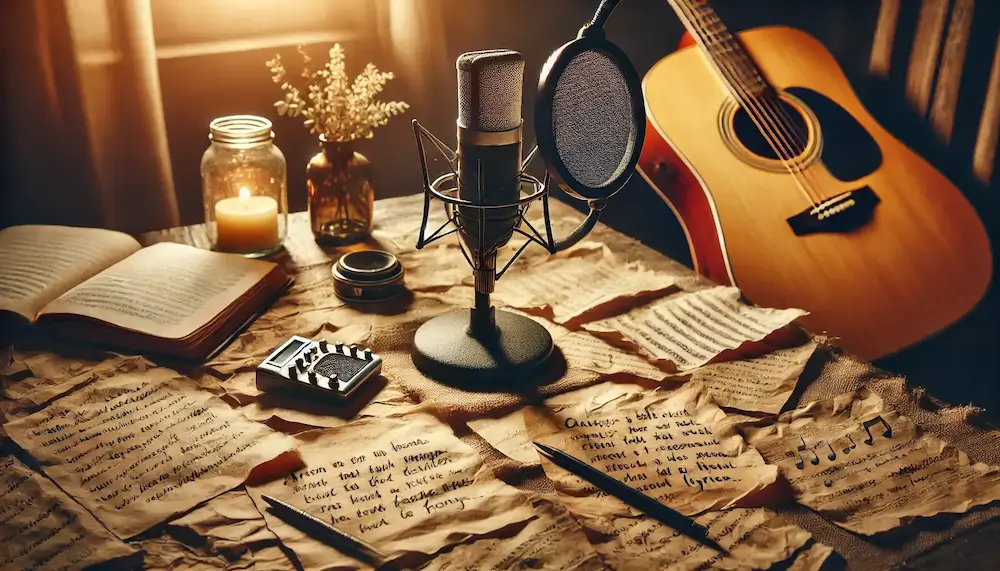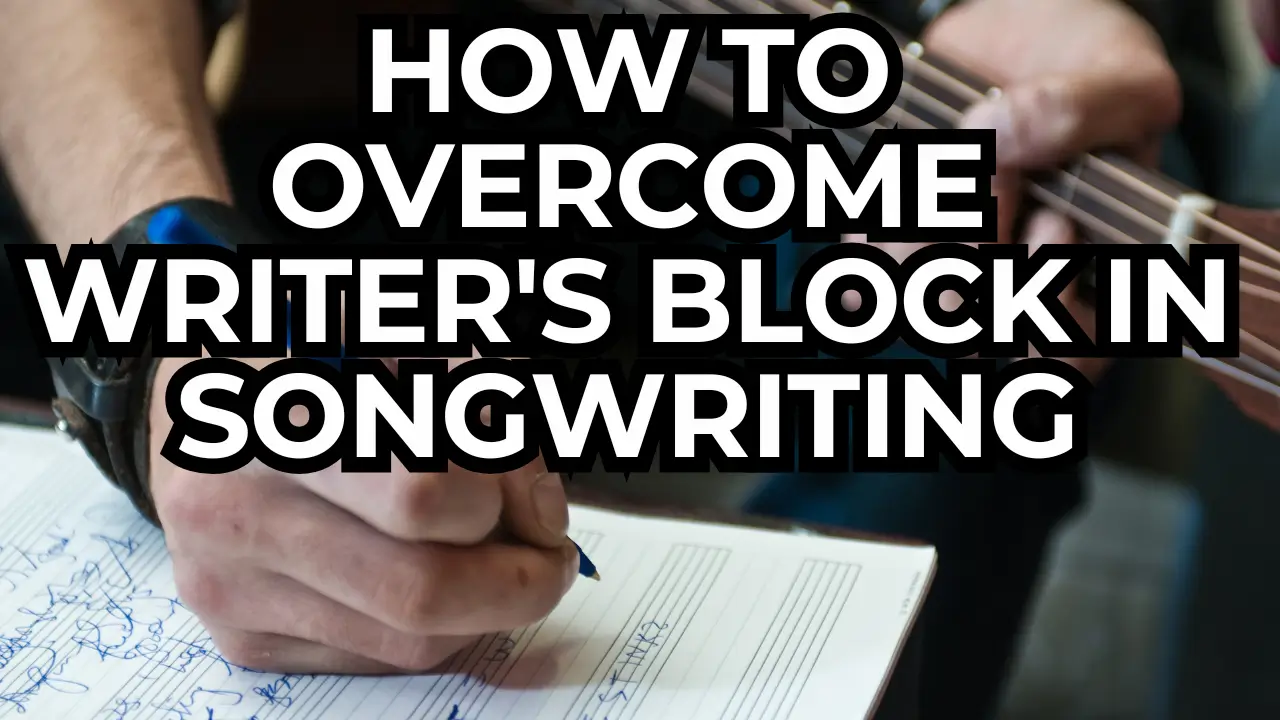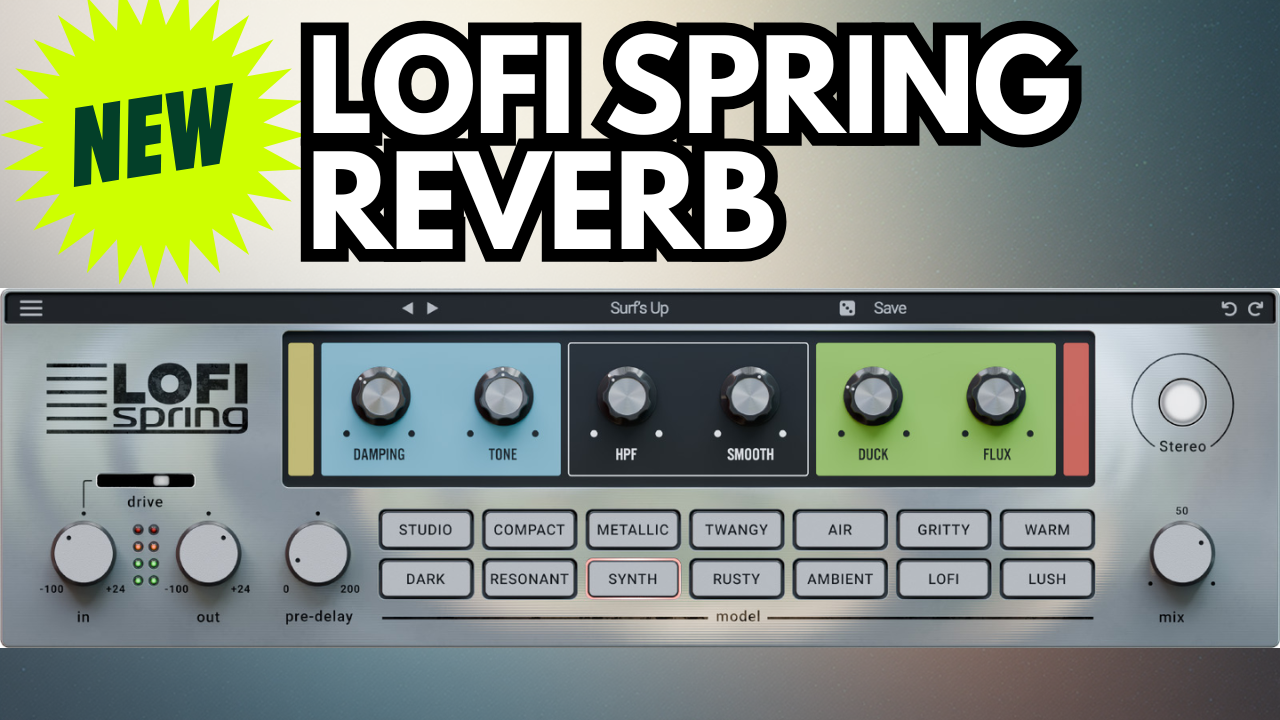If you’re a songwriter, you know the drill. You’re staring at a blank page, guitar in hand, and the lyrics just won’t come. This is writer’s block, and trust me, it’s as common as the common cold in the creative world. In this first section, I’m going to walk you through not only what writer’s block is, but also why it happens to so many songwriters.
Writer’s block refers broadly to a period where an artist finds it challenging to produce new work or experiences a creative slowdown. This isn’t merely a lack of inspiration; it’s often tied to deeper psychological factors. Stress, fear of failure, and even past successes can set high expectations and create pressure that stifles creativity.
How do you know you’re blocked? It’s more than a temporary pause or a day off. You might notice you’re criticizing every idea that comes to mind, or you’ve been rewriting the same line for hours. Recognizing these signs is the first step to overcoming the obstruction. Acknowledge the block without self-judgment, and prepare to tackle it head-on.
Now that we’ve laid out the basics of writer’s block, let’s move on to concrete strategies you can use to break through it. In the next section, I’m going to share some surefire methods for getting those creative juices flowing again. These are actionable, practical steps that can transform your songwriting space, process, and ultimately your music.
Related Posts:
- Write Better Songs Faster – Hookpad’s Revolutionary Approach To Hooks
- How To Write Catchy Hooks For Your Songs
- Experimental Songwriting Techniques You Will Love
Creative Strategies to Break Through the Block
Imagine you’re seated in your usual creative spot but the melody in your mind just isn’t finding its way to the page. It’s frustrating, I know. You’re not alone. Many songwriters, professionals and novices alike, hit this wall. The good news? There are tried-and-true strategies to demolish that wall, one brick at a time.

A change of environment can work wonders. Set up a space dedicated solely to songwriting. This space doesn’t need to be a state-of-the-art studio. It should, however, be comfortable, free of distractions, and perhaps filled with objects that inspire you. You’re creating a physical ‘go’ signal for your brain to start inventing.
Next, sometimes you just need a little nudge to get the words flowing. Engage with songwriting prompts. They can guide your thoughts in new directions. It’s not about writing a hit on your first attempt; it’s about training your mind to produce content without judgment. Grab the first prompt you find and let it lead you on.
Routine is your ally. Consistency breeds creativity. Attempt to write daily, even if it’s just for a few minutes. Over time, this discipline evolves into a rhythm that can make songwriting as natural as speaking.
What if you’re doing all this and still stuck? Reach out. Collaboration can inject new life into stale projects. Working with others introduces you to unique styles and ideas that can reignite your creative spark.
With these strategies in play, you create a fertile ground for ideas to grow. Remember, the aim isn’t perfection on the first try; it’s progress. As you move from strategy to creative flow, it’s essential to consider how your emotional state plays into writer’s block. Emotional well-being can be a powerful catalyst for or barrier to creativity.
Mindfulness and Well-being: Emotional Approaches to Overcoming Blockages
You might find that writer’s block isn’t just a mental roadblock; it often has emotional roots. Harnessing the power of mindfulness can lead to significant breakthroughs in your songwriting. Practicing mindfulness – being present in the moment without judgment – can help you sweep away the mental clutter that stifles creativity.

It’s also important to consider your physical well-being. A healthy body can contribute to a more agile and receptive mind. Regular exercise, sufficient sleep, and a balanced diet play crucial roles in your creative output. When you take care of your body, you’re also nurturing your creative spirit.
Songwriting can be an emotional journey. Embracing this reality allows you to navigate through the highs and lows of the creative process. Sometimes, the emotions that are blocking you can become the very fuel for your next song. Learn to recognize the emotional patterns that affect your songwriting and use them to your advantage.
Moving Forward: When to Seek Further Help
I know firsthand that sometimes, despite our best efforts, the creative fountain seems to run dry. It happens to novices and seasoned professionals alike, and I’ve seen both sides of that coin. It’s crucial to recognize that seeking external support doesn’t imply failure; rather, it demonstrates your dedication to growth and development as a songwriter.

Songwriting workshops can be transformative. They provide structured learning, valuable feedback from industry experts, and the chance to collaborate with peers. These sessions offer new techniques and the opportunity to broaden your creative horizons.
Mentorship is another avenue worth exploring. Having a more experienced songwriter as your guide can provide bespoke advice tailored to your unique style and hurdles. It’s this precision that can make mentorship a game changer for your songwriting journey.
Finally, don’t underestimate the motivational power of community. Engaging with fellow songwriters through forums or local songwriter circles can be the spark needed to reignite your passion. In these spaces, sharing struggles and solutions creates a collective strength, proving that you’re not alone in this challenge.
Remember, reaching out for help isn’t a last resort; it’s a strategic step towards becoming the songwriter you aspire to be. In songwriting, as in life, we grow the most when we’re open to learning from others. So, whether it’s through workshops, mentorships, or community engagement, take the leap and watch your creative potential expand.





Leave a Reply